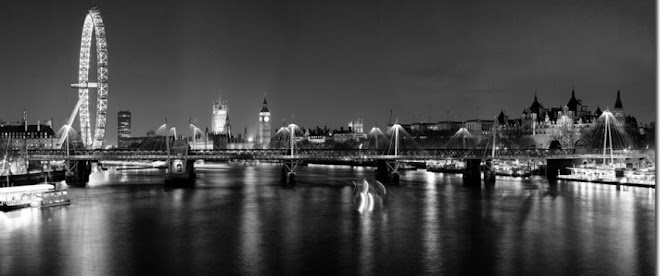For the Land documentary project, I was assigned the topic of fox hunting. It is well known that this topic is one of much controversy and I initially thought that this would make it very difficult to film and get people to speak openly about it in an interview.
In the early planning stages myself and Cara Laithwaite were keen to focus on the history of fox hunting as a sort of typically English tradition. We felt that looking at it from this angle would make it easier to contact hunting groups and get them to speak to us on camera, as well as enabling us to seem unbiased. I wanted images of huntsmen in traditional hunting gear, on horses and it would have been fantastic to get the opportunity to go out and film on a drag hunt, as of course hunting foxes has now been made illegal.
Contacting hunt groups proved to be extremely difficult, as a few of the people we spoke to seemed reluctant to speak on camera about hunting. We eventually managed to make progress with the Hursley Hambledon Hunt, who told us we could visit their kennels to film the hounds. The members of the hunt seen in the documentary were keen to talk about the history of their hunt group but did not want to talk about hunting itself. The huntsman was more than happy to be filmed with the hounds but did not want to speak on camera. The woman we interviewed had been a master in the Hursley Hambledon Hunt for 20 years and was happy to talk about the keeping of the hounds. As we were filming they explained that they were assessing some of the younger hounds that had recently been introduced into their pack and how they were trained.
We were not allowed to film inside the pen with the hounds for fear of damage to our camera equipment and we were even told to stand back from the fence but for the sake of getting a good shot we got the camera as far into the pen as we could, to get some close ups.
The sound quality in the interview turned out to be somewhat of an issue. The area we were permitted to film in did not extend particularly far so it was difficult to get away from the sound of the hounds barking. Although this provided some great background noise in places, it did drown out some of our interviewee and we had to salvage what we could from what was said.
We also asked if we would be permitted to film the horses that were in the stables on site, however the huntsman explained to us that the horses belonged to his wife and he was concerned that she would not give permission for them to be used in the footage and they did not want us to film any of the surrounding buildings. This was extremely disappointing as of course horses are a pivotal point in fox hunting and it would have added another interesting sequence to our filming.
Getting footage of foxes turned out to be a lot easier than we first imagined. We were not overly keen on the idea of setting up camp in the New Forest in the hope that a fox might appear and stick around long enough to be filmed. Although it would have been brilliant to film wild foxes we did not want to leave it to chance. We instead contacted Hart Wildlife Rescue who had a number of young fox cubs on site that had been rescued. We were not expecting to be able to get so close but the footage we were able to shoot turned out to be more than we had hoped for. There were a number of cubs being prepared for release into the wild and we were able to get into a pen with two of the older cubs to film. They were incredibly playful and inquisitive and this enabled us to get a series of close ups, which we were not confident we could have achieved if we had tried to film them in their natural habitat.
Once we had filmed everything we could, we planned on how to sequence our footage. We were disappointed not to have been able to go out on a drag hunt, or get anyone to talk to us about hunting on camera, so we felt it best to keep our focus on the history of fox hunting and the hounds and remain unbiased. During the editing process, we became concerned that our combined shots of the foxes and hounds would implicate that the Hursley Hambledon Hunt still practiced hunting foxes, so we feel that it is important to emphasise that this is not the case and we have ensured that we have put a disclaimer on our YouTube video stating this.
Choosing the music was also a main focus as we did not use a lot of speech from the interview. We were concerned that using something upbeat may have made the film look pro fox hunting and using something melancholy could have made it seem anti fox hunting so we tried to find something that was more middle ground, unbiased and fitting with our images.
Overall, the topic was relatively difficult due to the controversy surrounding the matter, however we hope the footage can be viewed as a small insight to what some people still hold onto as an old English tradition.

No comments:
Post a Comment